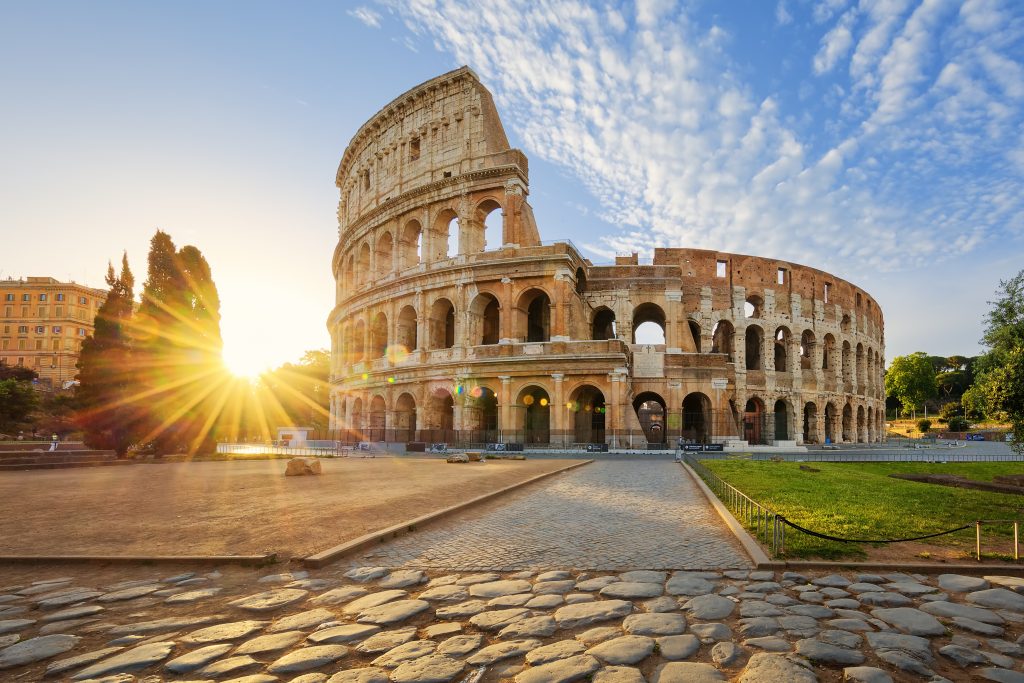Italy is an excellent destination for migrants. According to the World Population Review 2020 Italy provides the second best healthcare in the world. The country’s public healthcare system is efficient and affordable. Here is a quick look at various aspects including accessibility, costs, and quality.
Public healthcare
The Italian health service is governed by the National Health Service Servizio Sanitario Nazionale (SSN). It offers free or low-cost treatments to Italian citizens and residents. SSN provides check-ups by general practitioners (GP), public hospital facilities, free medicines, ambulance services, lab facilities, and specialist care.
SSN is the national healthcare service provider. However the regional governments of Sicily and Piedmont manage the regional services. As a result the quality of treatments is not the same throughout Italy. Allianz Care offers health insurance for expats in Italy. According to Allianz the best facilities are in the northern and central regions of Italy. Try to avoid the southern parts of the country. For specialist treatments such as heart valve replacement, coronary artery bypass grafting, or emergency cases, Milan should be the first choice.
Private healthcare
Italian private healthcare features highly qualified doctors and nurses. Most hospitals are located in large urban parts of Italy such as San Raffaele in Milan. Specialized hospitals such as the IRCCS National Cancer Institute Foundation offer specialist treatments in oncology, haematology, surgery, radiotherapy, and other areas. University hospitals are equally efficient. University hospital of Padua, University hospital of Padova, and the University hospital of Federico II are some examples. The general consensus is that private hospitals offer more comfort. They also offer the liberty to choose doctors and facilities for treatments.
The only disadvantage of private hospitals is that they can be expensive. Costs depend on the treatment required and the location of the hospital. A visit to a private doctor can cost EUR 50-120. The cost of specialized treatments in Italy starts from EUR 80. Having up-to-date health insurance is highly advisable for expats.

Health insurance
An EU citizen can simply access the Italian public healthcare facilities with a European Health Insurance Card (EHIC). Non-EU expats require valid private health insurance. Apply formally with the SSN for an Italian health insurance card, Tessera Sanitaria. This requires a valid residence status in Italy along with an Italian identity card, Carte d’identita. The costs of public health insurance can range from EUR 300-500 per person per year. This does not include specialized treatments. With a Tessera Sanitaria you can select a family doctor or paediatrician.
Those expats who cannot get health insurance from SSN must get private health insurance. 2 of the private health insurance companies in Italy are Axa Global Healthcare and Foyer Global Health. Private health insurance can cost EUR 1,000 per person per year. It takes care of visits to doctors and treatments at private hospitals, including specialized treatments. 118 is the medical emergency number in Italy. The assistance is provided in Italian. Those who do not speak Italian can call the central emergency number for all of Europe, 112.
Drugs
Pharmacies in Italy are called Farmacia. They provide free or low-cost prescription medicines. However, over-the-counter medications are always sold for their full price. Farmacia are abundant in most of Italy. Those in big cities open 24/7. Lombardy has 3,089 Farmacia, the most among Italian cities.
Health hazards
Vast communities of migrants live and work in Italy. They regularly send remittances back home via the Ria Money Transfer App and similar channels. Italy is home to migrants from all over the world. The country is not known for any major health hazards. The occasional hot weather can be a bit troublesome for expats who are accustomed to colder climes. The hottest months in Italy are July and August, when the temperature ranges from 32-42C. Heat waves can cause strokes, and other issues. Drinking lots of water and staying out of the sun is usually enough to stay safe.

|
|
January 27th, 2021 by financetwitter
|


|

|

|

|

|

|




























Comments
Add your comment now.
Leave a Reply